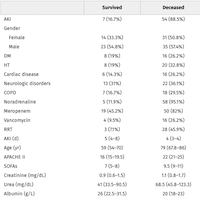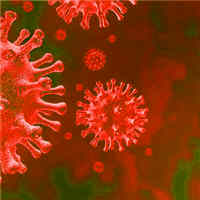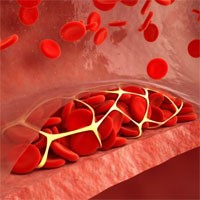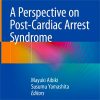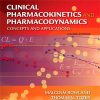The Perils of Premature Phenotyping in COVID-19
erj.ersjournals.com
The Severe Acute Respiratory Syndrome Coronavirus-2 (SARS-CoV-2) poses an unprecedented global healthcare challenge. Severe novel Coronavirus disease (COVID-19) pneumonia frequently causes hypoxemic respiratory failure, manifesting in the acute respiratory distress syndrome (ARDS).
Recently, authors have proposed distinct clinical phenotypes of COVID-19 pneumonia in several influential, high-profile essays.
For example, in a recent Perspective in this journal, authors speculated that COVID-19 has five phenotypic presentations: three phenotypes based on severity of hypoxemia and need for supportive care (no hypoxemia, mild hypoxemia, and moderate hypoxemia), and two phenotypes of severely hypoxemic patients based on additional physiologic and clinical features.
Aligned with other recent efforts to phenotype COVID patients, the authors subtyped patients into a supposedly prevalent phenotype with normal compliance, low lung weight, and predominant perfusion abnormalities (“L”-phenotype), and a less-prevalent phenotype with more typical features of ARDS such as profound consolidation and low compliance (“H”-phenotype).
The authors advocate for distinct management strategies for these purported phenotypes, include permitting increased tidal volumes and restricted positive end-expiratory pressure in the “L” phenotype patients.

